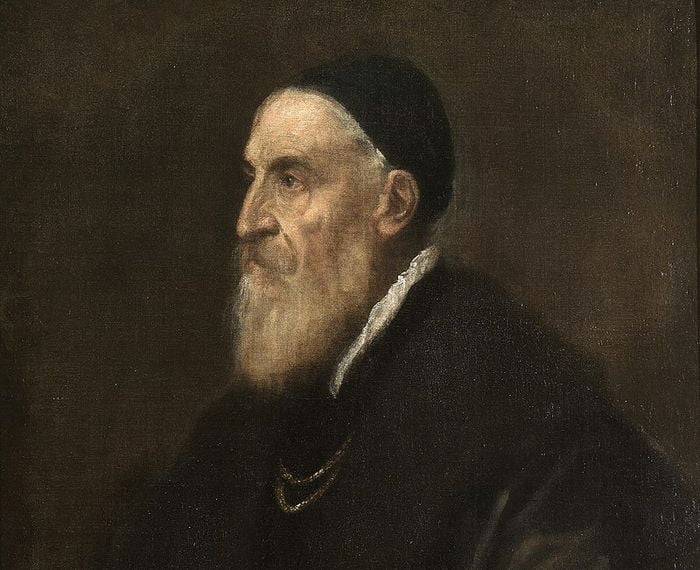In his introduction to the Chronographia Psellus explains that he had often been pressed to write a history of his own times and that he finally agreed to produce a brief sketch at the special request of a [5] great friend. This friend, ‘most beloved of all men’ as Psellus calls him remains unnamed but may have been Constantine Lichudes, a companion of his student days who had risen to high office under Constantine IX and had become Patriarch of Constantinople in 1059.
Lichudes as Patriarch had been persuaded to support those who accused Psellus of failing to observe his monastic vows and had detained him in the monastery of Narsou near the western walls of the city. Psellus may have wished to conciliate him by writing the history which he asked for. The Chronographia however goes beyond 1063, the year of Lichudes’ death.*
The work falls into two distinct sections of which the first takes up the story where the tenth-century historian Leo the Deacon stopped at Basil II’s accession to power in 976 and goes as far as the abdication of Isaac Comnenus in 1059. This is the more important and the more impartial section.
Contemporary politics
The second part, probably written late in Michael VII’s reign — for Psellus says in it that he has seen Michael’s little son who was born in 1075 — is less critical in tone and full of lavish appreciation of the Ducas family and regime. This may be regrettable, but it is understandable, for Psellus was writing of contemporary politics in which he himself was concerned. He cannot for instance be absolved from a grave error of judgment in supporting the unfortunate overthrow of the Emperor Romanus IV Diogenes in 1071, but he would have been almost superhuman if he had presented posterity with a critical account of his own actions and those of the imperial Ducas family with whom he had such intimate associations.
Despite this unevenness of treatment between the two sections, the Chronographia remains history of a high order. Psellus had clear views on the function of a historian. His aim should be the presentation of truth, either from the evidence of reliable records and witnesses or from his own first-hand experiences. And so Psellus tries to give an impartial account, at any rate in the first section of his work, and subsequent events in the Empire’s history often confirmed his shrewd criticisms and prognostications.
Read More about Ibn Battuta part 13








